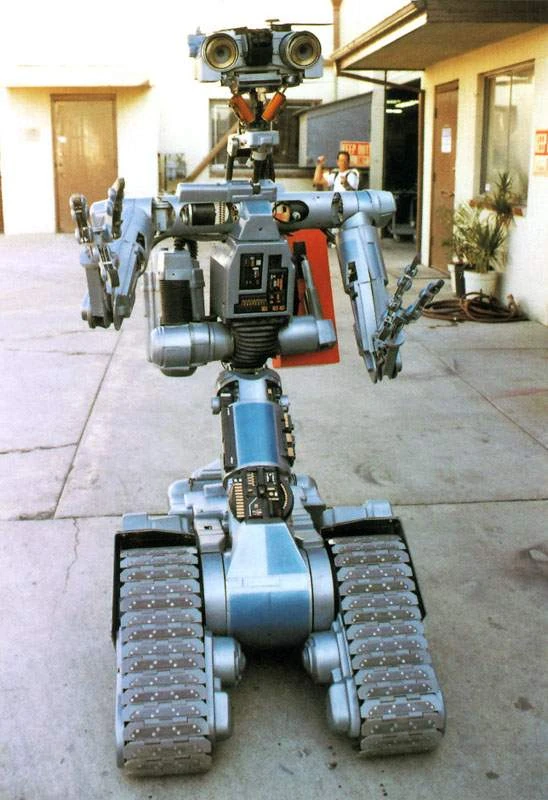But seriously, the threat of automation is greatest where the work/task to be done is predictable and repetitive. My brother in law worked in industrial robotics for GE/Siemens for a bit. As he pointed out to me, industrial robots are great if you hand them a formatted structured rack of pre-formatted parts to install on an assembly line. You can't hand them a bucket of bolts and expect them to identify which are in the desired orientation and which aren't, pick one out, rotate it to the desired orientation and install it. So if your work requires judgment or changes form constantly, it is in much less danger of automation, whether from something mechanical, or from a software replacement.
Of course, that is entirely separate from whether management, or whomever they contract with, properly/realistically assesses just how much judgment or predictability your job actually has. I read recently that some supermarkets are abandoning the self-checkout because they were encountering just too many problems. The premise behind self-checkout was that everything has a bar code, bar codes can be scanned, and all the checkout clerk really does is scan things and provide change, so why couldn't a machine do that. But that tends to underestimate the diversity of packaging, the gradual shift to less scannable forms of packaging, and the inevitable difficulties in reliably successful scanning of credit and debit cards. Self-checkouts regularly require assistance, and the question arises as to whether it processes as many customers per hour as a good checkout clerk does.
None of that is to suggest that no jobs are threatened by automation, and does not necessarily lead to companies that thought automation would save them gobs of money admitting that it might have blown up in their face and would have been better off with real live humans, but it may not be the tsunami that some have predicted.
Finally, mechanical robots break and software gets hacked or develops bugs, so there will always be a need for someone to take care of the technology that eradicated one kind of job but created another. When gramophones and records reduced the need for live musicians, they created work for folks to produce records, distribute them, sell them, and manufacture and repair gramophones. Self-tending technology does not exist.












